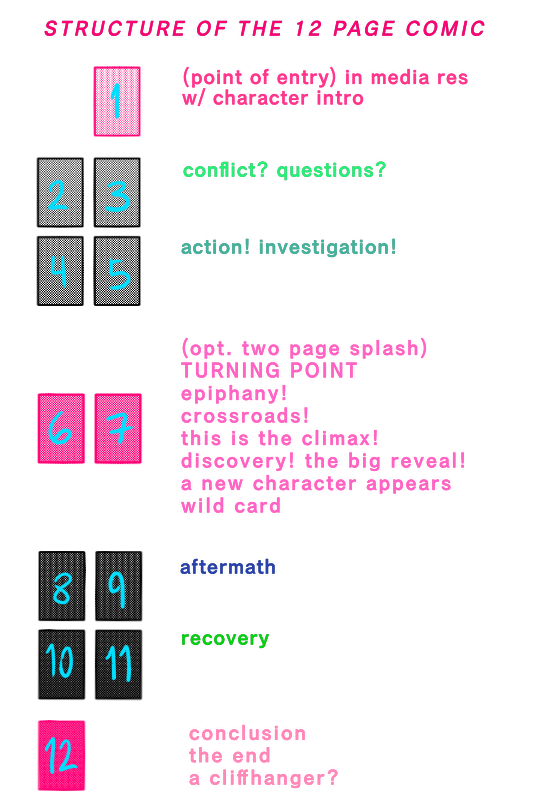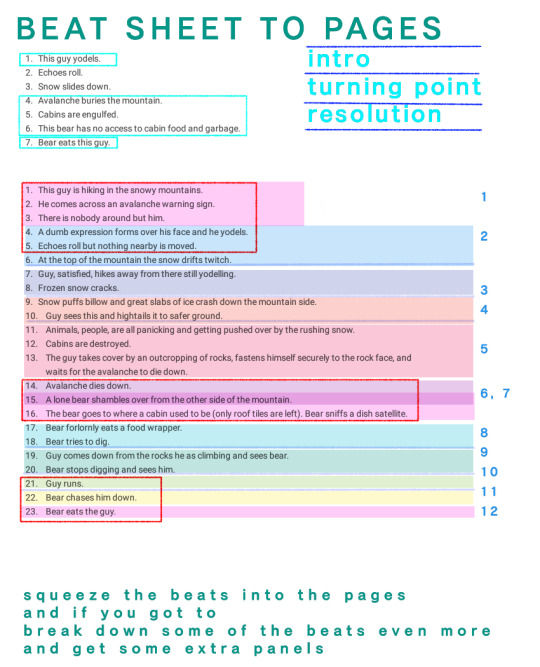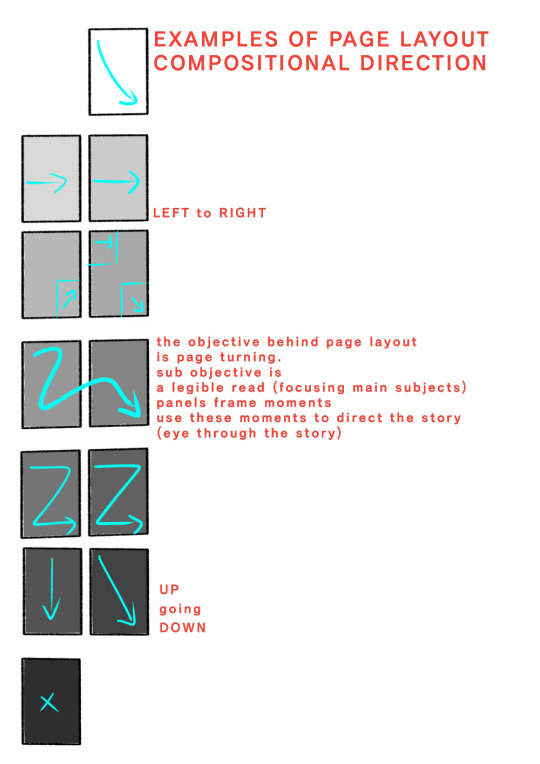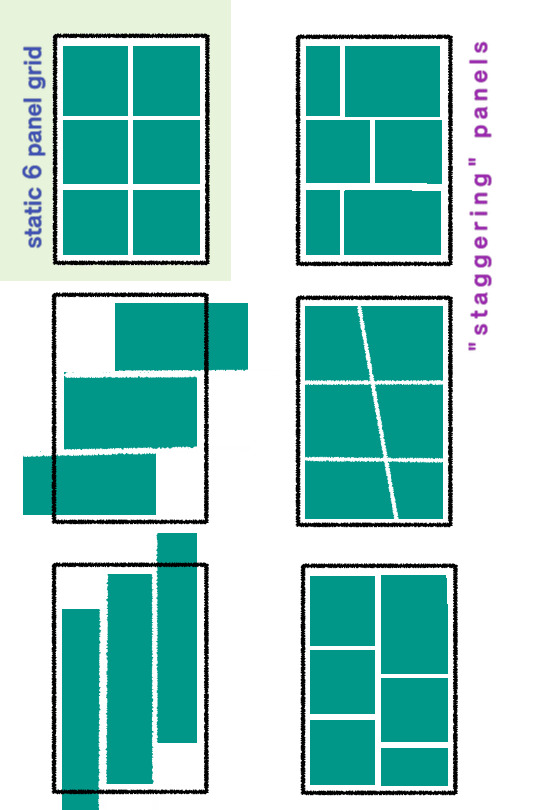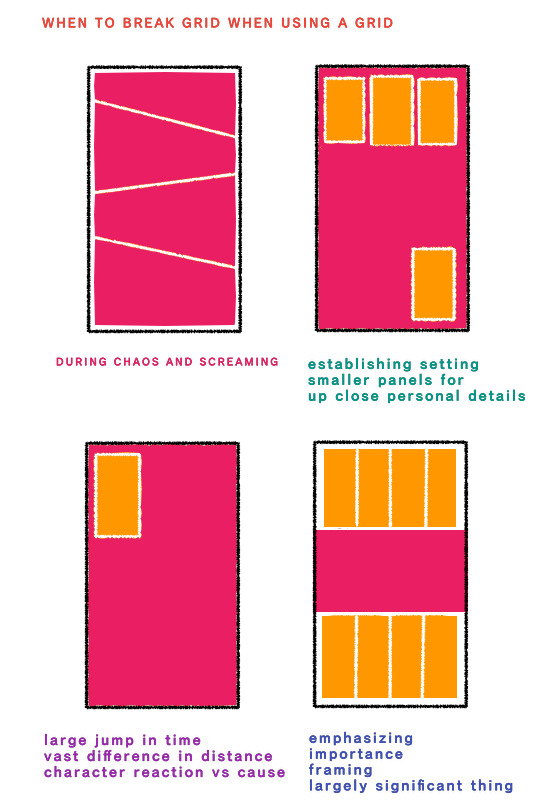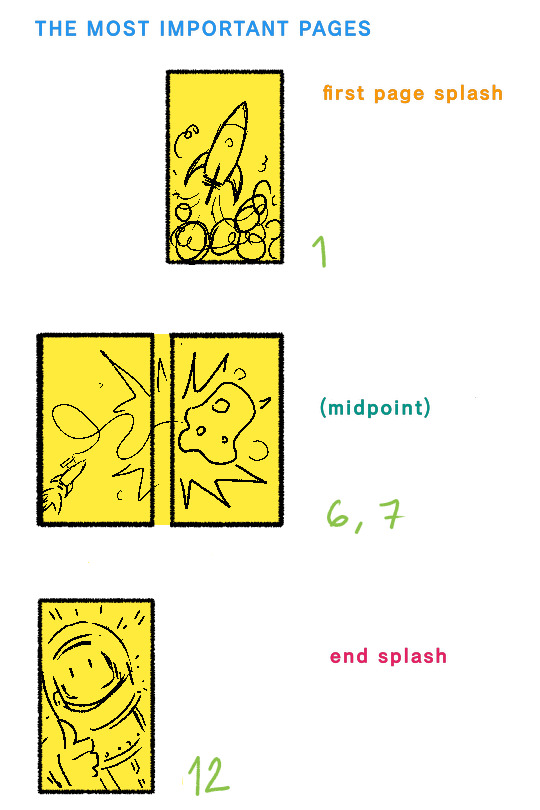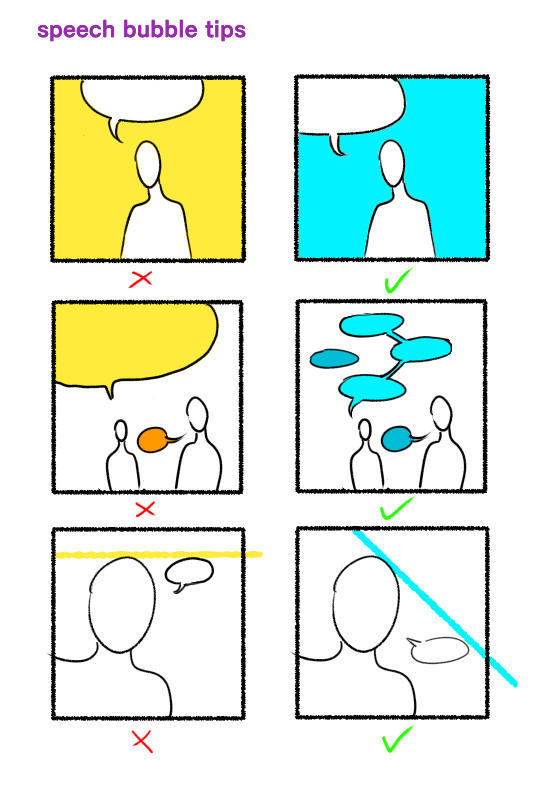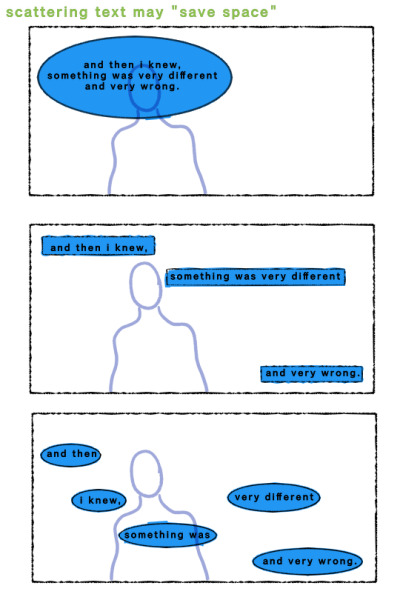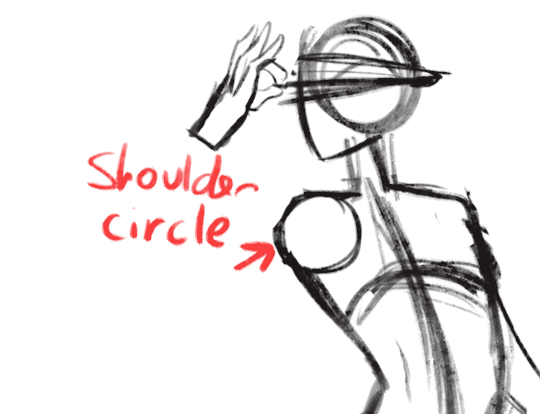14/polyam/polysexual/transmasc Poet My work is under #arthur the author Main blog is cheesekneesandbees
Don't wanna be here? Send us removal request.
Quote
dilettante
dɪlɪˈtanteɪ,-ti, (noun) | A dilettante is defined as a person who cultivates their interests in the arts or any field for the sake of their love and wild passion for said area. Although they do not wish to pursue a professional or expert understanding, their candid, yet temporary commitment to knowledge and art is founded in pure joy. (via wordsnquotes)
4K notes
·
View notes
Photo


one of my lecturers printed us a step-by-step guide to writing an essay for an assignment we had. i decided to type it up and share it with you guys. i think for the most part it is really useful and a super simple way to break down your essay. hope this helps :~)
54K notes
·
View notes
Text
To all my freshman babies who are panicking right now about how much your college textbooks cost: Yeah, you’re right, that’s some highway robbery. No, you don’t have to lie down and take it. You have options. Follow my advice and fly on your own debt free wings.
1. Forgoe the bookstore entirely. Sometimes you can get a good deal on something, usually a rental, but it’s usually going to be considerably more expensive to go through official channels. Outsmart them, babies.
2. Does your syllabus call for edition eight? Get edition seven. Old editions are considered worthless in the buyback trades, so they sell for dirt cheap, no matter how new they are. It’s a gamble, sure; there might be something in edition eight you desperately need, but that never happened to me. However, I’ve only ever pulled this stunt for literature/mass comm/religious studies books, so I don’t know it would work in the sciences.
3. Thriftbooks.com, especially for nonfiction and fiction. Books are usually four or five dollars unless they’re really new, and shipping is 99 cents unless you buy over 10$ in books, in which case shipping is free.
4. Bigwords.com. It will scan every textbook seller on the internet for the lowest price available, and will do the same to find the highest price when you try to sell your books back at the end of term. Timesaver, lifesaver.
5. In all probability, your library offers a service called interlibrary loan which is included in your tuition. This means if your library doesn’t carry a book you can order it for free from any library nationwide in your library’s network and it will be shipped to you in a number of days. Ask a librarian to show you how to search for materials at your library as well as though interlibrary loan; you’ll need to master this skill soon anyway. If you get lucky you can just have your required reading shipped to you a week before you need to start reading, then renew vigorously until you no longer need to item. I’m saving over 100$ on a History of Islam class this way.
You professors might side-eye you for bringing an old edition or a library copy, but you just smile right back honey, because you can pay your rent and go clubbing this month. You came here to win. So go forth and slay.
181K notes
·
View notes
Text
things people do in real world dialogue:
• laugh at their own jokes
• don’t finish/say complete sentences
• interrupt a line of thought with a sudden new one
• say ‘uh’ between words when unsure
• accidentally blend multiple words together, and may start the sentence over again
• repeat filler words such as ‘like’ ‘literally’ ‘really’ ‘anyways’ and ‘i think’
• begin and/or end sentences with phrases such as ‘eh’ and ‘you know’, and may make those phrases into question form to get another’s input
• repeat words/phrases when in an excited state
• words fizzle out upon realizing no one is listening
• repeat themselves when others don’t understand what they’re saying, as well as to get their point across
• reply nonverbally such as hand gestures, facial expressions, random noises, movement, and even silence
190K notes
·
View notes
Photo


Characteristics of the “Bad Guy” Antagonist
A few footnotes:
1. This list is meant to characterize an “evil” antagonist - some antagonists are perfectly decent people, and some are not even people.
2. Can also be used as a general flaws list that pertains to any character.
3. I wrote the list with masculine pronouns because English is hard, but all of these can apply to characters of any gender.
4. The four categories are just conceptual, for thought organization. Characterize freely.
15K notes
·
View notes
Text
“Unless you are following the dialogue with an action and not a dialogue tag.” He took a deep breath and sat back down after making the clarifying statement.
577K notes
·
View notes
Text
Reblog if you’re currently writing a novel, even if it’s only in your head or scribbled in the back of a notebook somewhere.
Think about how many books don’t exist yet.
190K notes
·
View notes
Text
Favorite writing trope
Adding “as you do” after describing something that nobody does.
“So he went to hell to pick up his dead wife’s soul, as you do.”
“So she climbed up the tower with her robot hands, as you do.”
74K notes
·
View notes
Text
Old English just has some wonderful words and kennings. I mean, really:
Their word for sea? It was often swan-rad or “road of the swan.” Spider was gangelwaefre, literally “the walking weaver.” They had the simple and now-obsolete word uht, which describes that time just before sunrise when mist still hangs heavy over all the fields and lakes and the last few stars are still out.
…Also, they didn’t say body. They said ban-cofan, which means “bone-cave,” and if you don’t think that’s some hardcore shit right there then you need to get out of my face before I turn your skull into a mead-cup.
34K notes
·
View notes
Text
Prompt.316
These are the days when the sun never sets.
50 notes
·
View notes
Text
Tips to learn a new language
The 75 most common words make up 40% of occurrences The 200 most common words make up 50% of occurrences The 524 most common words make up 60% of occurrences The 1257 most common words make up 70% of occurrences The 2925 most common words make up 80% of occurrences The 7444 most common words make up 90% of occurrences The 13374 most common words make up 95% of occurrences The 25508 most common words make up 99% of occurrences
(Sources: 5 Steps to Speak a New Language by Hung Quang Pham)
This article has an excellent summary on how to rapidly learn a new language within 90 days.
We can begin with studying the first 600 words. Of course chucking is an effective way to memorize words readily. Here’s a list to translate into the language you desire to learn that I grabbed from here! :)
EXPRESSIONS OF POLITENESS (about 50 expressions)
‘Yes’ and ‘no’: yes, no, absolutely, no way, exactly.
Question words: when? where? how? how much? how many? why? what? who? which? whose?
Apologizing: excuse me, sorry to interrupt, well now, I’m afraid so, I’m afraid not.
Meeting and parting: good morning, good afternoon, good evening, hello, goodbye, cheers, see you later, pleased to meet you, nice to have met.
Interjections: please, thank you, don’t mention it, sorry, it’ll be done, I agree, congratulations, thank heavens, nonsense.
NOUNS (about 120 words)
Time: morning, afternoon, evening, night; Sunday, Monday, Tuesday, Wednesday, Thursday, Friday, Saturday; spring, summer, autumn, winter; time, occasion, minute, half-hour, hour, day, week, month, year.
People: family, relative, mother, father, son, daughter, sister, brother, husband, wife; colleague, friend, boyfriend, girlfriend; people, person, human being, man, woman, lady, gentleman, boy, girl, child.
Objects: address, bag, book, car, clothes, key, letter (=to post), light (=lamp), money, name, newspaper, pen, pencil, picture, suitcase, thing, ticket.
Places: place, world, country, town, street, road, school, shop, house, apartment, room, ground; Britain, name of the foreign country, British town-names, foreign town-names.
Abstract: accident, beginning, change, color, damage, fun, half, help, joke, journey, language, English, name of the foreign language, letter (of alphabet), life, love, mistake, news, page, pain, part, question, reason, sort, surprise, way (=method), weather, work.
Other: hand, foot, head, eye, mouth, voice; the left, the right; the top, the bottom, the side; air, water, sun, bread, food, paper, noise.
PREPOSITIONS (about 40 words)
General: of, to, at, for, from, in, on.
Logical: about, according-to, except, like, against, with, without, by, despite, instead of.
Space: into, out of, outside, towards, away from, behind, in front of, beside, next to, between, above, on top of, below, under, underneath, near to, a long way from, through.
Time: after, ago, before, during, since, until.
DETERMINERS (about 80 words)
Articles and numbers: a, the; nos. 0–20; nos. 30–100; nos. 200–1000; last, next, 1st–12th.
Demonstrative: this, that.
Possessive: my, your, his, her, its, our, their.
Quantifiers: all, some, no, any, many, much, more, less, a few, several, whole, a little, a lot of.
Comparators: both, neither, each, every, other, another, same, different, such.
ADJECTIVES (about 80 words)
Color: black, blue, green, red, white, yellow.
Evaluative: bad, good, terrible; important, urgent, necessary; possible, impossible; right, wrong, true.
General: big, little, small, heavy; high, low; hot, cold, warm; easy, difficult; cheap, expensive; clean, dirty; beautiful, funny (=comical), funny (=odd), usual, common (=shared), nice, pretty, wonderful; boring, interesting, dangerous, safe; short, tall, long; new, old; calm, clear, dry; fast, slow; finished, free, full, light (=not dark), open, quiet, ready, strong.
Personal: afraid, alone, angry, certain, cheerful, dead, famous, glad, happy, ill, kind, married, pleased, sorry, stupid, surprised, tired, well, worried, young.
VERBS (about 100 words)
arrive, ask, be, be able to, become, begin, believe, borrow, bring, buy, can, change, check, collect, come, continue, cry, do, drop, eat, fall, feel, find, finish, forget, give, going to, have, have to, hear, help, hold, hope, hurt (oneself), hurt (someone else), keep, know, laugh, learn, leave, lend, let (=allow), lie down, like, listen, live (=be alive), live (=reside), look (at), look for, lose, love, make, may (=permission), may (=possibility), mean, meet, must, need, obtain, open, ought to, pay, play, put, read, remember, say, see, sell, send, should, show, shut, sing, sleep, speak, stand, stay, stop, suggest, take, talk, teach, think, travel, try, understand, use, used to, wait for, walk, want, watch, will, work (=operate), work (=toil), worry, would, write.
PRONOUNS (about 40 words)
Personal: I, you, he, she, it, we, they, one; myself, yourself, himself, herself, itself, ourselves, yourselves, themselves.
Possessive: mine, yours, his, hers, its, ours, theirs.
Demonstrative: this, that.
Universal: everyone, everybody, everything, each, both, all, one, another.
Indefinite: someone, somebody, something, some, a few, a little, more, less; anyone, anybody, anything, any, either, much, many.
Negative: no-one, nobody, nothing, none, neither.
ADVERBS (about 60 words)
Place: here, there, above, over, below, in front, behind, nearby, a long way away, inside, outside, to the right, to the left, somewhere, anywhere, everywhere, nowhere, home, upstairs, downstairs.
Time: now, soon, immediately, quickly, finally, again, once, for a long time, today, generally, sometimes, always, often, before, after, early, late, never, not yet, still, already, then (=at that time), then (=next), yesterday, tomorrow, tonight.
Quantifiers: a little, about (=approximately), almost, at least, completely, very, enough, exactly, just, not, too much, more, less.
Manner: also, especially, gradually, of course, only, otherwise, perhaps, probably, quite, so, then (=therefore), too (=also), unfortunately, very much, well.
CONJUNCTIONS (about 30 words)
Coordinating: and, but, or; as, than, like.
Time & Place: when, while, before, after, since (=time), until; where.
Manner & Logic: how, why, because, since (=because), although, if; what, who, whom, whose, which, that.
240K notes
·
View notes
Text
Places where reality is a bit altered:
• any target • churches in texas • abandoned 7/11’s • your bedroom at 5 am • hospitals at midnight • warehouses that smell like dust • lighthouses with lights that don’t work anymore • empty parking lots • ponds and lakes in suburban neighborhoods • rooftops in the early morning • inside a dark cabinet
1M notes
·
View notes
Text
23 Emotions People Feel But Can’t Explain
Sonder: The realization that each passerby has a life as vivid and complex as your own.
Opia: The ambiguous intensity of Looking someone in the eye, which can feel simultaneously invasive and vulnerable.
Monachopsis: The subtle but persistent feeling of being out of place.
Énouement: The bittersweetness of having arrived in the future, seeing how things turn out, but not being able to tell your past self.
Vellichor: The strange wistfulness of used bookshops.
Rubatosis: The unsettling awareness of your own heartbeat.
Kenopsia: The eerie, forlorn atmosphere of a place that is usually bustling with people but is now abandoned and quiet.
Mauerbauertraurigkeit: The inexplicable urge to push people away, even close friends who you really like.
Jouska: A hypothetical conversation that you compulsively play out in your head.
Chrysalism: The amniotic tranquility of being indoors during a thunderstorm.
Vemödalen: The frustration of photographic something amazing when thousands of identical photos already exist.
Anecdoche: A conversation in which everyone is talking, but nobody is listening
Ellipsism: A sadness that you’ll never be able to know how history will turn out.
Kuebiko: A state of exhaustion inspired by acts of senseless violence.
Lachesism: The desire to be struck by disaster – to survive a plane crash, or to lose everything in a fire.
Exulansis: The tendency to give up trying to talk about an experience because people are unable to relate to it.
Adronitis: Frustration with how long it takes to get to know someone.
Rückkehrunruhe: The feeling of returning home after an immersive trip only to find it fading rapidly from your awareness.
Nodus Tollens: The realization that the plot of your life doesn’t make sense to you anymore.
Onism: The frustration of being stuck in just one body, that inhabits only one place at a time.
Liberosis: The desire to care less about things.
Altschmerz: Weariness with the same old issues that you’ve always had – the same boring flaws and anxieties that you’ve been gnawing on for years.
Occhiolism: The awareness of the smallness of your perspective.
Source John Koenig, writer and creator of The Dictionary of Obscure Sorrows.
169K notes
·
View notes
Text
Prompt #543
“I don’t want him to give up his whole life for me.”
“But you’d give up your whole life for him? How is that fair?”
298 notes
·
View notes
